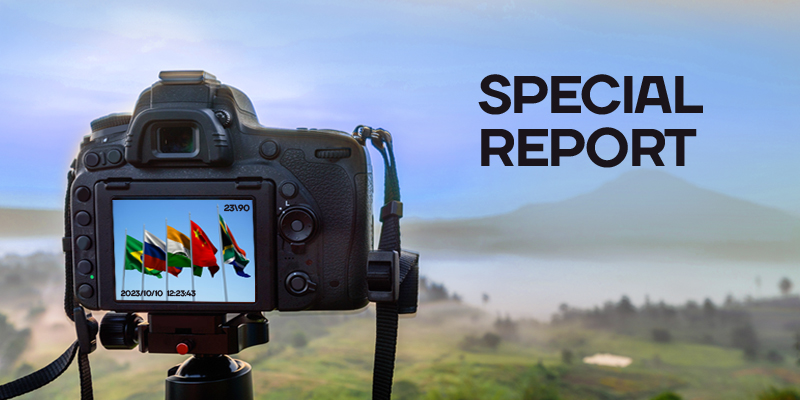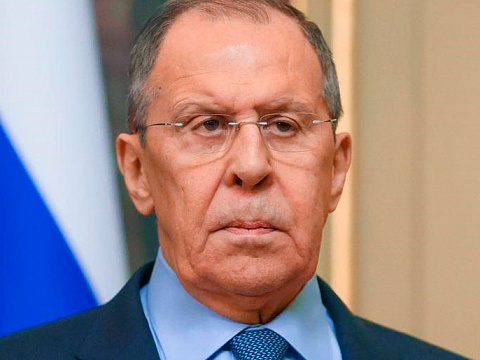Plastic money what can you trade garbage for in India, Russia and China
Anastasia Shkitina, correspondent: "While the whole world masters digital money, ecologists initiate the return of elements of barter economy. Simple plastic acts as currency. Though, according to environmentalists, it is not simple at all, considering that it has managed to invade the whole world. Therefore, it can easily become a subsidiary coin."
These were also the thoughts of the married couple from America Mazin Mukhtar and Parmita Sarma. Three years ago, they founded a school in a village of the Indian state of Assam. School services used to be free in it. But at the beginning of 2019, they introduced unusual pricing.
Mazin Mukhtar, founder of private school in India:
"When we first asked students to bring plastic waste from their homes, they did not do it. Their parents did not support the idea, did not want to participate. For three years, the school was free, we never took money. But few months ago, we told them that we will take plastic waste as school fee. The price for school education is plastic from your house. And children began to bring garbage regularly. Today, 10 thousand packages of plastic waste are brought to school monthly."
That’s how every morning at the Indian school begins. In addition to books in backpacks, these pupils bear packages filled with garbage. It is the daily payment for lessons. They have to bring 25 bags like this per week.
Yuvraj, student:
"We bring plastic from home, we collect plastic from neighbors. We make plastic briquettes out of bottles. We make sculptures and art objects of these briquettes."
For example, this flowerbed is made of eco briquettes. What are they? These are bottles filled with plastic waste: bags, remains of non-degradable packaging, disposable tableware. One half-liter container can place the daily volume of garbage. The main thing is to pack everything hard. Children are busy sorting waste after lessons. School founders call it ecological education.
In addition to waste management, pupils study writing, calculation and reading, like in any mass school. The only difference is that they are taught by senior students. According to the author of the project Mazin Mukhtar, such education system trains student’s leadership and independence.
In the next 5 years, according to the plan of the couple, a hundred of such schools shall appear in the country.
Mazin Mukhtar, founder of private school in India:
"A year ago, we were invited to participate in the education reform in New Delhi. In addition to the construction of new schools, we are going to introduce this policy into already existing public schools in order to improve the education system. In a year, we want to start the program of plastic collection and processing in all educational institutions. This is our purpose."
In addition – cooperation with waste recycling plants. Today, plastic is delivered to a local factory where it finds new life. The exchange system comes out of the shadow not only in sunny India, but also in Russia.
Anastasia Shkitina, correspondent:
"Between cash and plastic, participants of this campaign choose the latter. Ordinary plastic packages serve as currency. Two kilograms – it is about one hundred of bottles like these – can be changed for a ticket to theater, cinema, exhibition, or a concert of your idol. You can pay for a culture night in such a nonconventional manner in ten places in the capital."
Heat or rain – volunteers are here on duty every day. On campaigning days, environmental enthusiasts multiply. Last year, four and a half thousand people participated, 10 tons of waste were collected. This time, the number of those who care for ecology almost doubled.
Vladimir Schneider, volunteer of the “Art for the Sake of Ecology” project:
"Plastic… our containers are being overfilled in an instant. Sometimes people bring containers which they have had at home from the Soviet times, and recycle them, too. We have organized everything smartly. That much!"
Olga Torbenko, participant of the “Art for the Sake of Ecology” project:
"We’ve brought old notebooks, notepads, collected paper, remembered the Soviet period, a very good-natured Soviet period when we were children, walked around, collected everything, thus we protected trees, cleaned houses – collected waste paper with pleasure."
They also collect it now, the more so since for two kilograms of paper you can visit a show, a concert, a theater or a museum.
Darya Chudnaya, Press Office Chief, the Moscow Museum of Cosmonautics:
"We, like those people who work in the space field, support the main idea of this initiative to the maximum. And I remember that last year, even our astronaut Alexander Ivanovich Laveykin spoke of this campaign very well, supported and urged everyone to participate, get tickets and use them to come to the Moscow Museum of Cosmonautics."
Last year, about one hundred visitors could pay for space exhibition with plastic, and this time, the number has almost tripled. And while in Russia barter exchange is still a seasonal phenomenon, China uses plastic currency on a daily basis. You can pay for a trip in Beijing subway not only with cash or card, but also with a plastic bottle. A passenger is paid 5 fens, that is equal to 45 kopeks, for a container smaller than five hundred milliliters, and for a bigger container, machine gives as much as 1 Jiao, or 90 kopeks. PET was used for the first time in the middle of the 20th century. Back then, plastic wrap was worth gold. However, today businessmen and city officials understand that since then, plastic has not lost its "gold" reserve. And even if it doesn’t help you earn a lot of money, you can at least save some with its help.
Anastasia Shkitina, Andrey Kostrov, Dmitry Golovko. TV BRICS
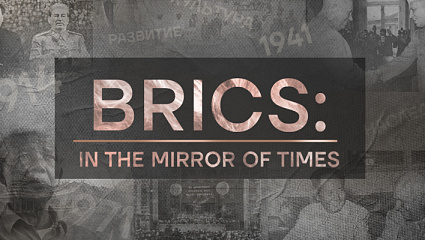
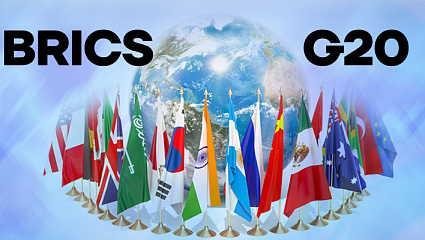
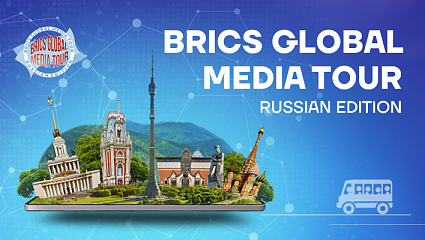

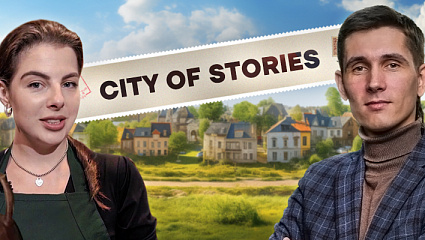


 DIGITAL WORLD
DIGITAL WORLD









